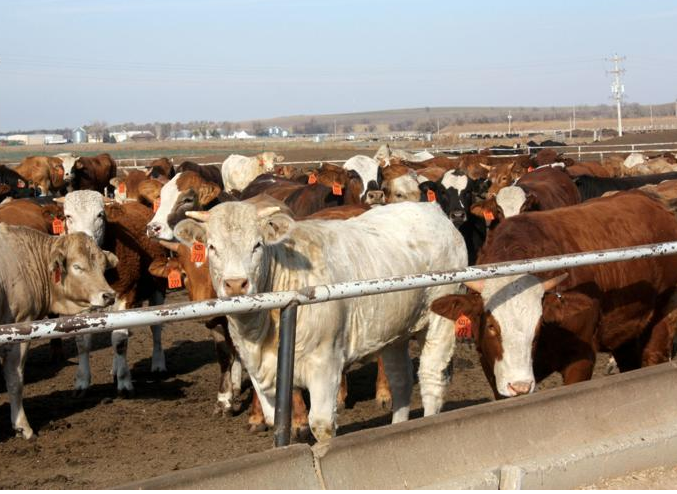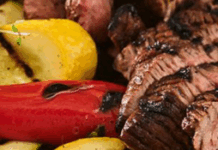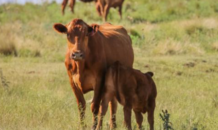Beef cattle veterinarians discuss signs of this disease and how to manage it
MANHATTAN, Kan. — For many hearing the term anthrax immediately brings to mind stories of people being poisoned via biological warfare. However, this disease occurs naturally and may impact the beef herd when the soil is disrupted say the veterinary experts at the Kansas State University Beef Cattle Institute.
“Anthrax is bacteria that lives in the soil and makes hardy spores. So, if the soil gets disrupted because of drought, flooding or rainstorms, those spores can infect the beef animal,” said Brian Lubbers, veterinarian.
Talking on a recent Cattle Chat podcast, veterinarian Brad White said, “Sudden death is usually the result when the cattle ingest anthrax.”
Lubbers said anthrax rarely occurs in the United States, but when it does occur it is more commonly found in the upper Midwest and West than the Eastern states.
“People can get infected with anthrax from the livestock in those areas,” Lubbers said. “So, if you suspect an anthrax case do not perform your own necropsy but instead get your veterinarian involved to collect the samples safely.”
Because of the rapid onset of the disease, the veterinarians said it is difficult to treat effectively.
Along with sudden death other signs of anthrax in a deceased animal is blood coming from the nose and a lack of rigor mortis (rigidness to the body upon death) said White.
If it is present in the herd, White said producers need to be aware that more cases may occur.
Lubbers added there is an anthrax vaccine that producers may want to visit with their veterinarian about if they live in an area that is high risk for this disease.
“It is important to remember that suspected anthrax needs to be managed differently than other diseases so that the people can be safe and understand that those spores in the ground are not going away from the environment,” White said.
To hear more of this discussion, tune in to the Cattle Chat podcast online.
-30-
FOR PRINT PUBLICATIONS: Links used in this story
BCI Cattle Chat podcast, https://ksubci.org/2021/08/27/grazing-rates-labor-solar-panels-anthrax/
K State Research and Extension is a short name for the Kansas State University Agricultural Experiment Station and Cooperative Extension Service, a program designed to generate and distribute useful knowledge for the well being of Kansans. Supported by county, state, federal and private funds, the program has county extension offices, experiment fields, area extension offices and regional research centers statewide. Its headquarters is on the K State campus in Manhattan. For more information, visit www.ksre.ksu.edu. K-State Research and Extension is an equal opportunity provider and employer.
Story by:
Lisa Moser
785-532-2010
lmoser@ksu.edu
More information:
Brian Lubbers
785-532-4012
blubbers@vet.k-state.edu
Brad White
785-532-4243
bwhite@vet.k-state.edu





